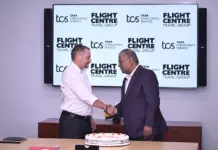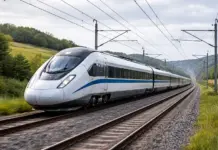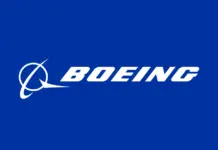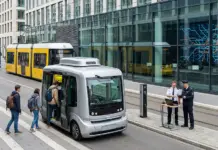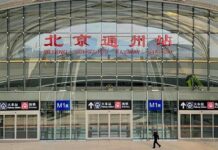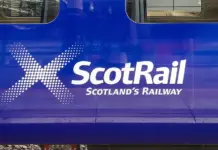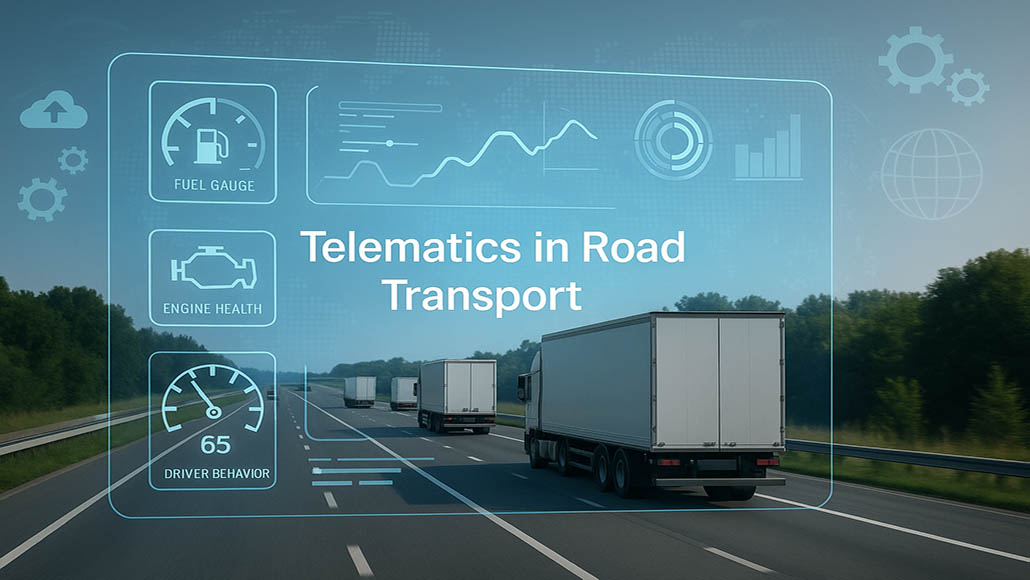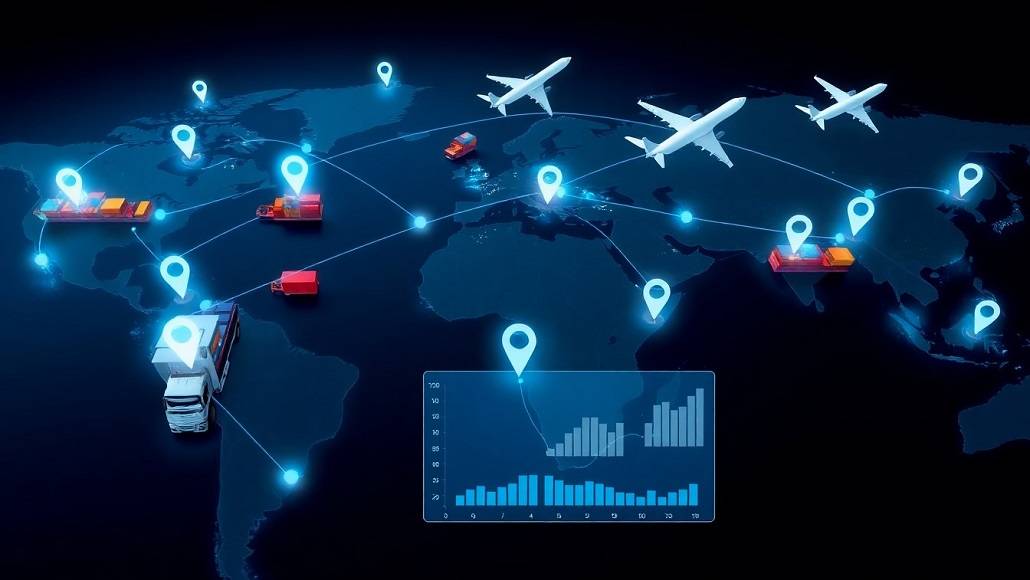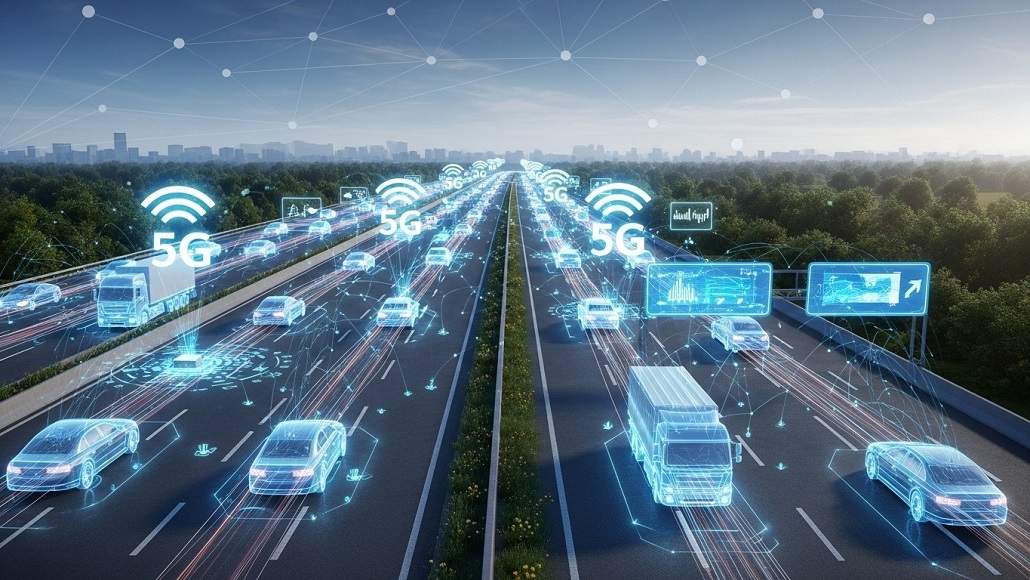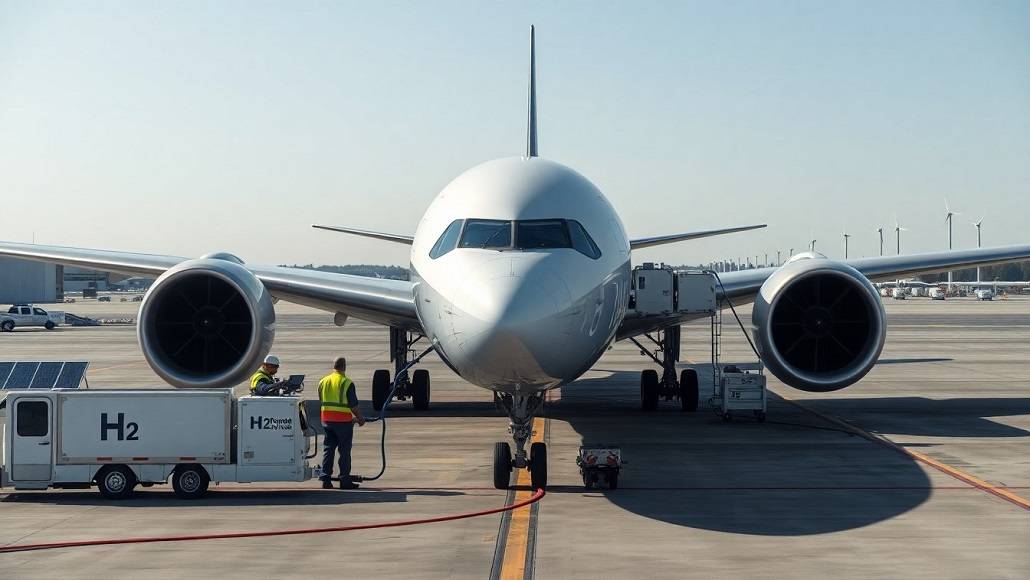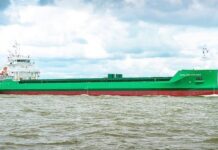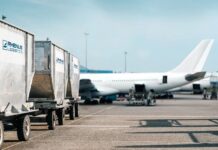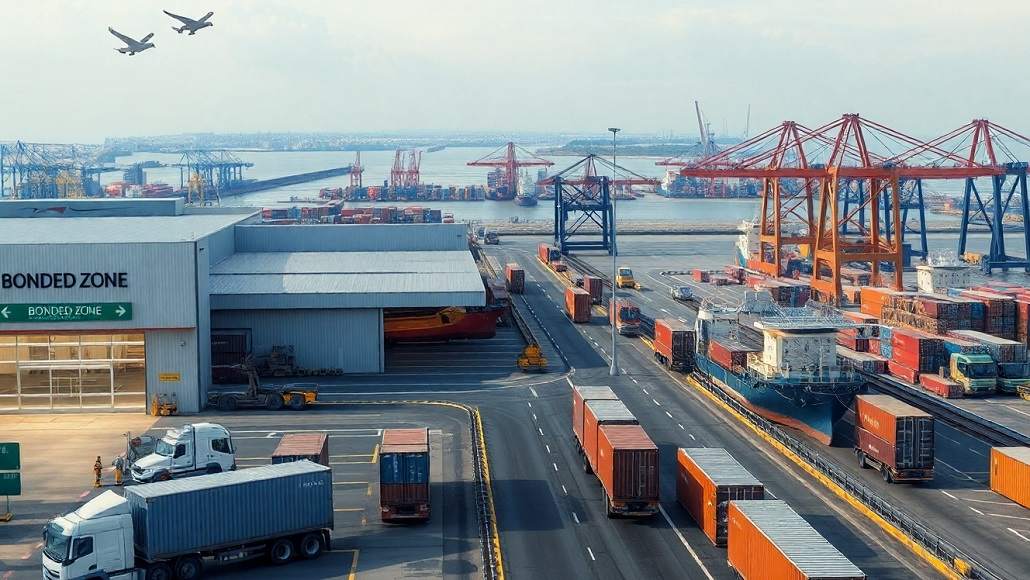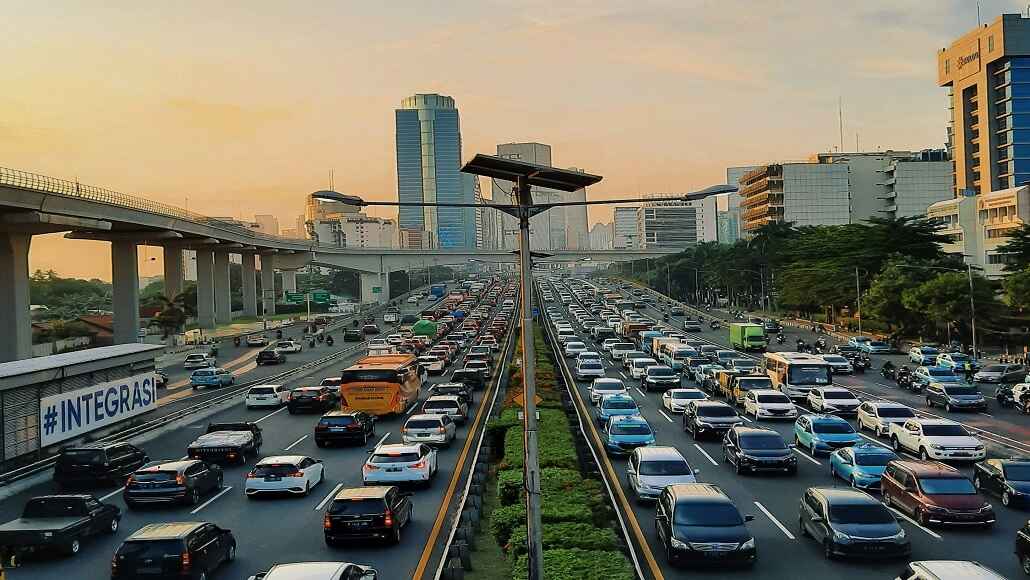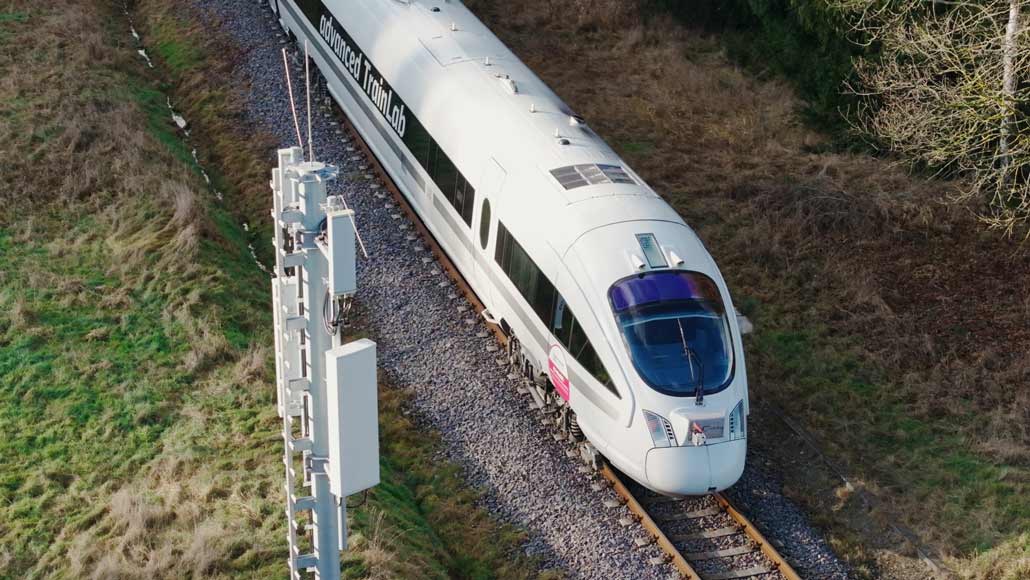Nokia and Deutsche Bahn, Germany’s national railway operator, have launched the world’s first commercial deployment of a 1900 MHz (n101) 5G radio network with a Standalone (SA) core, operating on live outdoor test tracks. The innovation brings a new 5G-capable mobile communications system for railways, based on a dedicated frequency band for 5G rail network use in Europe. It lays the basis for the Future Railway Mobile Communication System (FRMCS), enabling increased capacity, service availability and digitalization as well as support for resilient and sustainable rail operations.
This 5G rail network project is a crucial move towards substituting the legacy Global System for Mobile Communications for Railway (GSM-R) with the 5G-based FRMCS standard, designed for real-time mission-critical communications between trains and infrastructure. FRMCS is designed to allow complete automation of rail systems, combining artificial intelligence and leading-edge communication technologies to set the industry up for more efficient, competitive and future-ready operations.
Deutsche Bahn is implementing the technology at its digital test site in the Ore Mountains (Erzgebirge, Germany). Among the main features are self-healing functionality, failover capabilities and real-time monitoring to ensure operational reliability. The solution will form part of the European FP2-MORANE-2 project, further driving FRMCS development to digitalize railways in Europe.
The rollout builds on earlier pre-FRMCS 5G trials completed with Nokia and now aims to standardize DB’s private mobile network as a platform for further pilots and eventual large-scale deployment.
“Deutsche Bahn wants to benefit from modern 5G-based telecommunications to upgrade the railway communication infrastructure. Collaborating with technology experts like Nokia is key for DB to bring the latest innovations into our real-world operations. This deployment on test tracks builds on a successful pre-FRMCS 5G trial conducted with Nokia and aims to standardize our private mobile network as a foundation for further pilots and future rollout,” said Rainer Fachinger, Head of Telecom Platforms at DB InfraGO.
Nokia emphasized the significance of the launch for the industry. “Nokia and DB have been frontrunners in advancing FRMCS. We are proud to deliver the first-ever commercial 5G solution that utilizes the 1900 MHz spectrum band on the rail track. This is a milestone that will unlock key benefits for DB, including automated train operations, smart maintenance, and intelligent infrastructure and stations. We believe this launch will serve as an important benchmark for FRMCS upgrades in rail networks around the world in the coming years,” said Rolf Werner, Head of Europe at Nokia.
The contract also extends Deutsche Bahn’s trials with Nokia’s 5G SA core and 3700 MHz (n78) radio system. The new solution integrates Nokia’s AirScale 1900 MHz (n101) equipment with an optimized SA core, enabling a smooth migration from GSM-R to FRMCS with the reliability and low latency required for modern rail networks.



